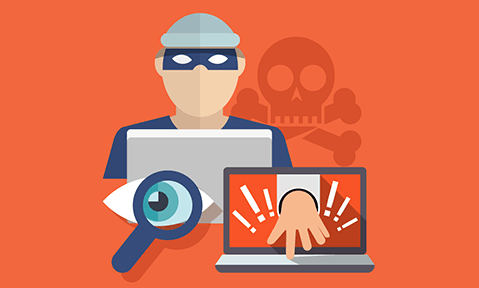Common Issues in PDF to JPG Conversion and How to Fix Them

PDF to JPG conversion is a common task, but it can sometimes lead to unexpected issues. Understanding these common problems and their solutions can help you achieve optimal results.
Common Issues
Blurry Images
Problem: Low-resolution PDFs or aggressive image compression can result in blurry JPG images.
Solution:
- Increase Original PDF Resolution: If possible, obtain a higher-resolution PDF. This can be achieved by scanning physical documents at a higher DPI or requesting a higher-resolution digital copy.
- Adjust Conversion Settings: Use a conversion tool that allows you to control image quality and compression settings. Experiment with different settings to find the optimal balance between image quality and file size.
- Avoid Excessive Scaling: Scaling images too much can degrade their quality. If you need to resize images, try to do so proportionally to minimize loss of detail.
Incomplete Pages
Problem: Some conversion tools may fail to convert all pages of a PDF, especially if the file is complex or corrupted.
Solution:
- Try a Different Tool: Experiment with different conversion tools to find one that can handle your specific PDF. Some tools are better suited for complex or damaged PDFs.
- Check PDF File Integrity: Ensure that the PDF file is not corrupted or damaged. You can try opening the PDF in a different PDF reader to see if it displays correctly.
- Split the PDF: If the PDF is very large or complex, consider splitting it into smaller files before conversion. This can sometimes improve the conversion process.
Large File Sizes
Problem: High-resolution images or excessive compression can lead to large file sizes.
Solution:
- Optimize Image Quality: Adjust image resolution and compression settings to balance quality and file size. For web use, lower resolution and higher compression may be acceptable. For print, higher resolution and lower compression may be necessary.
- Use Lossy Compression: Lossy compression can significantly reduce file size without a noticeable loss in quality for most images. However, be cautious with lossy compression for images that require high detail or color accuracy.
- Consider Cloud Storage: Store large JPG files in cloud storage services like Google Drive or Dropbox to reduce local storage usage and enable easy sharing.
Color Mismatch
Problem: Incorrect color profiles or color space conversion can lead to color discrepancies between the original PDF and the converted JPG.
Solution:
- Preserve Color Profiles: Use a conversion tool that can preserve embedded color profiles. This ensures that the colors in the converted JPG images match the original PDF.
- Convert to sRGB: For web and digital display, convert images to sRGB color space, which is a widely used color space for digital devices.
- Calibrate Your Monitor: Ensure your monitor is calibrated to accurately display colors. This can help you assess the accuracy of the converted images.
Text Extraction Issues
Problem: Some PDF to JPG converters may not accurately extract text from the PDF, especially if the text is embedded in images or complex layouts.
Solution:
- Use OCR Software: Use Optical Character Recognition (OCR) software to extract text from the PDF before conversion. This can improve the accuracy of text extraction, especially for scanned PDFs.
- Choose a High-Quality Conversion Tool: Opt for a conversion tool that has advanced OCR capabilities and can handle complex PDF layouts.
Tips for Optimal PDF to JPG Conversion
- Choose the Right Tool: Select a reliable and feature-rich conversion tool that suits your needs. Consider factors like ease of use, supported file formats, and customization options.
- Optimize Image Settings: Experiment with different image settings to find the best balance between quality and file size. Be mindful of the intended use of the images, whether it's for web, print, or other purposes.
- Check File Integrity: Ensure that the PDF file is not corrupted or damaged. Corrupted files can lead to unexpected conversion results.
- Batch Conversion: Use tools that support batch conversion to efficiently process multiple files at once. This can save time and effort, especially for large numbers of PDFs.
- Test and Refine: Test the converted JPG images to ensure they meet your specific requirements. If necessary, adjust the conversion settings and try again.
- Consider Cloud-Based Conversion Tools: Cloud-based tools can handle large files and offer advanced features, such as automatic optimization and batch processing.
By understanding these common issues and following these tips, you can achieve high-quality PDF to JPG conversions that meet your specific needs.